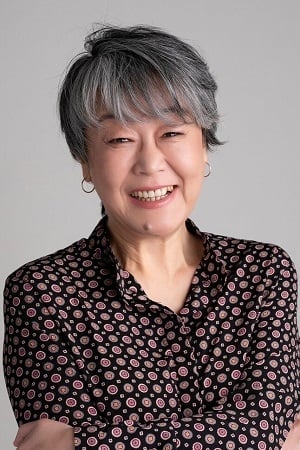
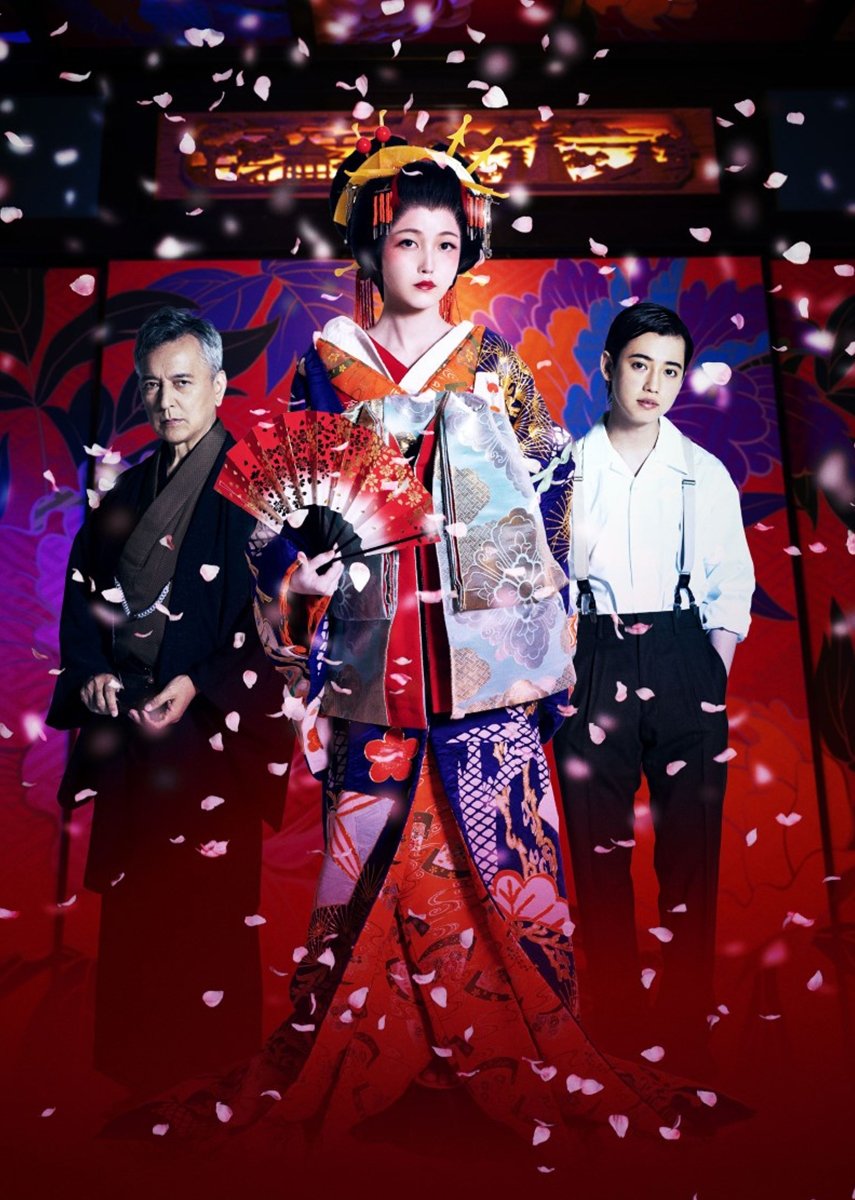
A beautiful but sad story about an Oiran who never smiles. Produced and staged by PARCO Theater.
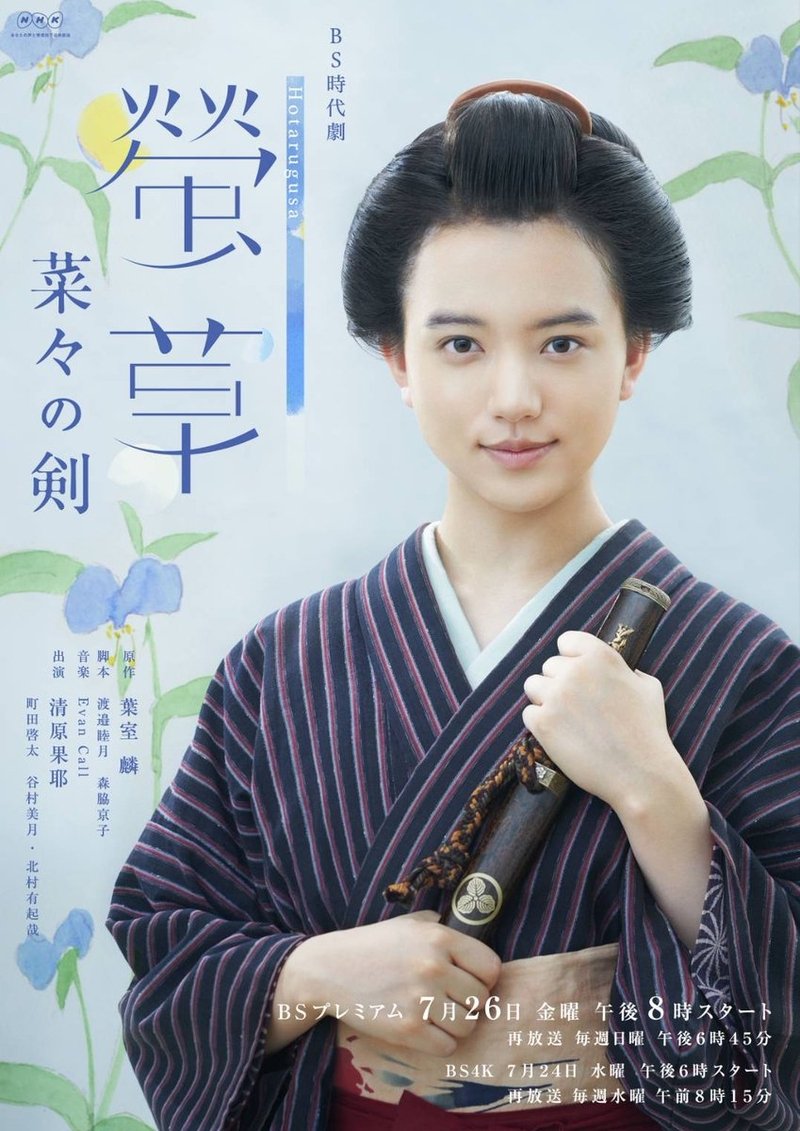
Nana is a servant of the Kazahaya family, She is from a samurai family. Her father was about to reveal wrongdoings within the domain but had to commit ritual suicide for a crime he hadn't done. Ichinoshin tries to correct the wrongdoings, but end up being a target himself. After finding out her father's enemy is the man behind it all, Nana decides to protect Ichinoshin and his children, as she had promised Sachi, Ichinoshin's late wife.

In 1959, a body of a flight attendant of an international airline is found, strangled. Detective Rokuro Fujisawa takes charge of the investigation with a young detective Ichimura and his investigations lead him to Father Tolbeck as a suspect. But the police are forced to move very discreetly as the time was right after the Second World War, when a sensitive situation that involves Western people and religion is likely to become an international issue. The investigation leads to an unexpected discloser of a shadowy business behind the church that reflects the uncertainty of the time.
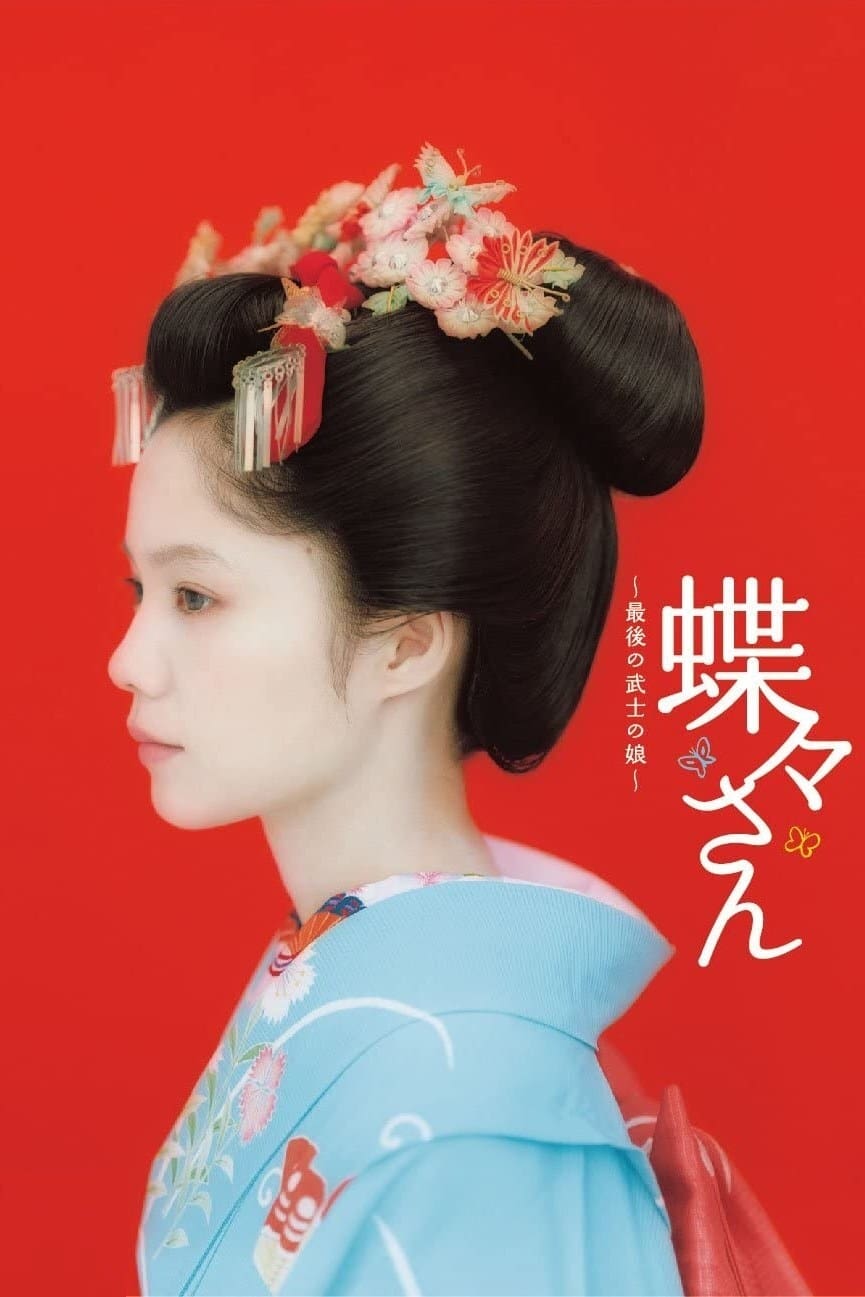
Like the opera, the story is set in Nagasaki in the early 1900s. It portrays the ups and downs of a young woman known as Butterfly, who lost her parents at a young age and has become an apprentice geisha. She later meets a naval officer and gets married, though the officer intends for the marriage to last only while he is stationed in Nagasaki.
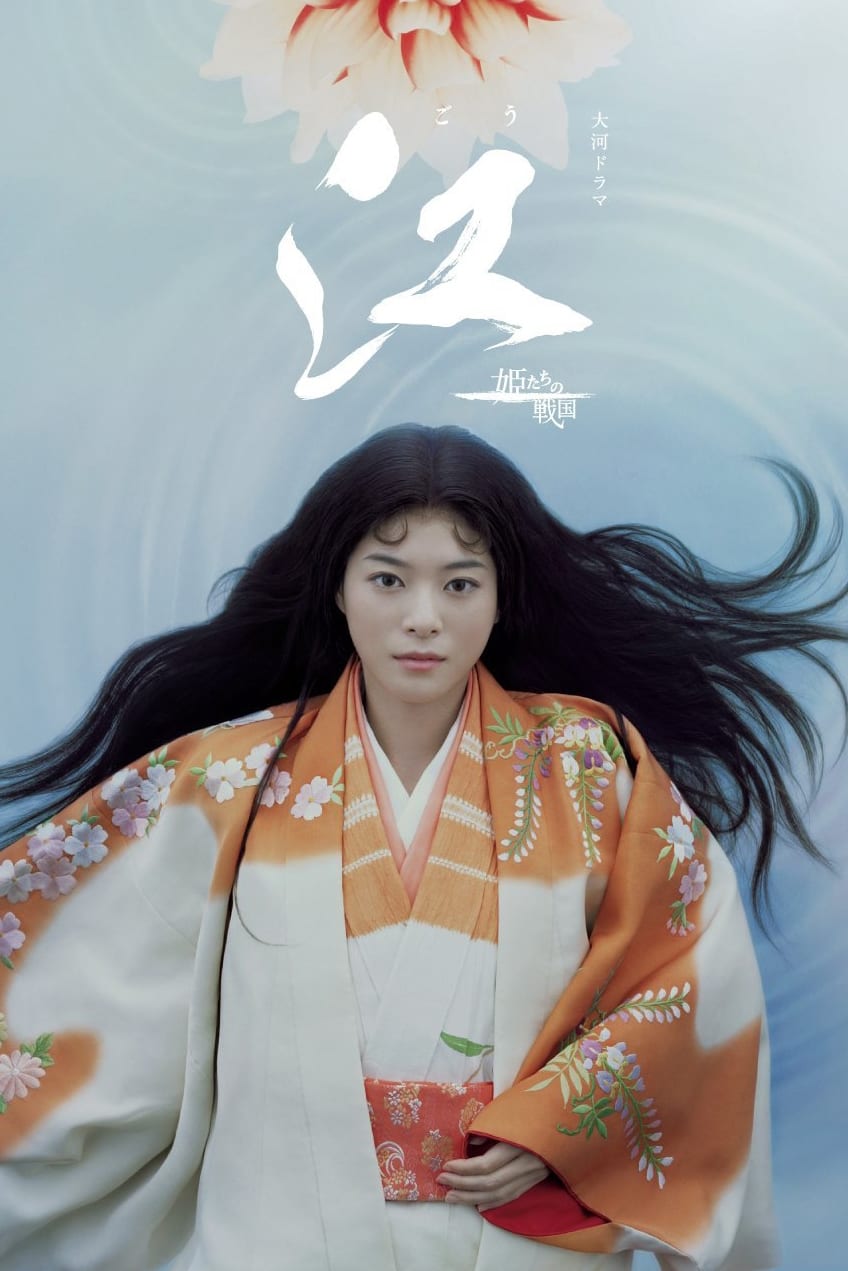
Princess Go was the youngest of the most famous three sisters in Japanese history, who each led a remarkable life in an age of turmoil and civil war. Go loses her parents in the war, marries three times, and feuds with her own sister in competing for power. Go's husband becomes the second Tokugawa Shogun and she ensures her prominence as she gives birth to a son who later becomes the third Shogun and a daughter, a wife of the Emperor. The drama describes the age of the civil war through the eyes of Princess Go, who plays a significant part in establishing the age of peace that lasts over 200 years in Japan.
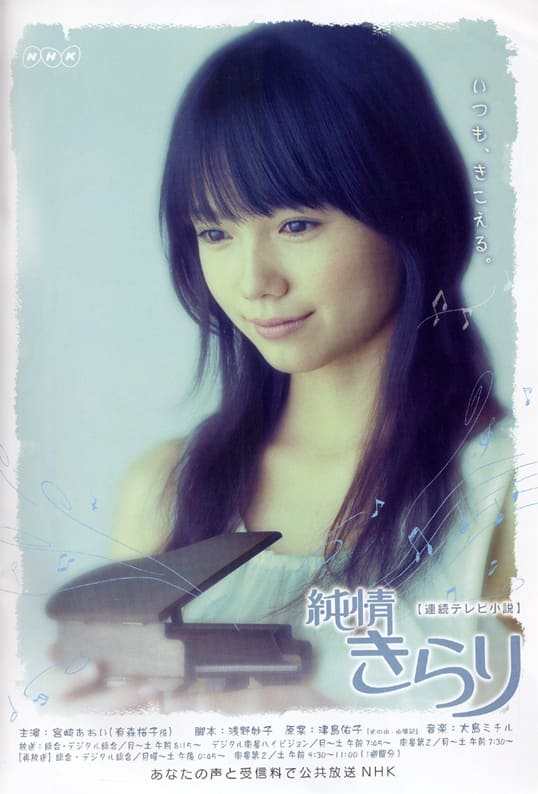
The 74th NHK Asadora Drama is Junjo Kirari, which means something along the lines of "pure-hearted Kirari." The story is set in Okazaki City, Aichi Prefecture in the era around the Second World War. When the story opens in 1928, the heroine, Sakurako, is a very active seven-year-old girl. Indeed, even in the first episode she exhibits her confidence and enthusiasm. But above all else, Sakurako is interested in becoming a jazz pianist, and music features extensively in the plot.
Within the hectic environment of a modern department store, new employees struggle to learn their jobs and maintain balance in their personal lives and relationships. Their laughter, tears, and anger reveal the depth of human drama that is played out in everyday settings.
By browsing this website, you accept our cookies policy.